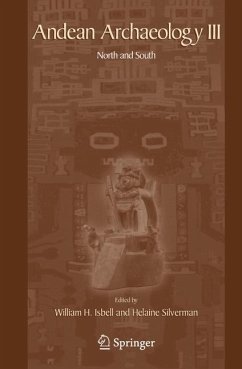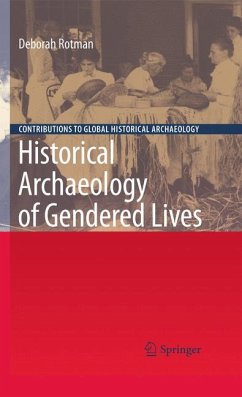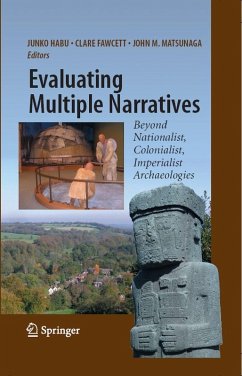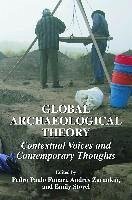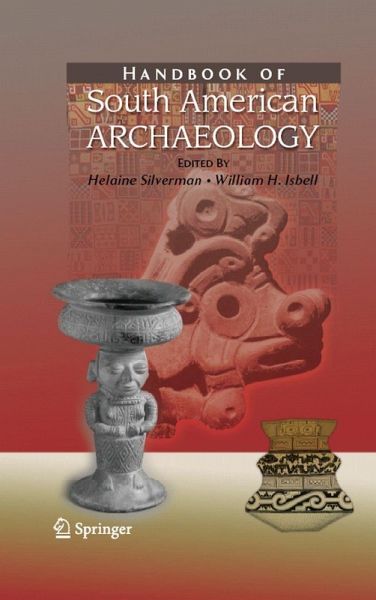
Handbook of South American Archaeology (eBook, PDF)
Versandkostenfrei!
Sofort per Download lieferbar
112,95 €
inkl. MwSt.
Weitere Ausgaben:

PAYBACK Punkte
56 °P sammeln!
Perhaps the contributions of South American archaeology to the larger field of world archaeology have been inadequately recognized. If so, this is probably because there have been relatively few archaeologists working in South America outside of Peru and recent advances in knowledge in other parts of the continent are only beginning to enter larger archaeological discourse. Many ideas of and about South American archaeology held by scholars from outside the area are going to change irrevocably with the appearance of the present volume. Not only does the Handbook of South American Archaeology (...
Perhaps the contributions of South American archaeology to the larger field of world archaeology have been inadequately recognized. If so, this is probably because there have been relatively few archaeologists working in South America outside of Peru and recent advances in knowledge in other parts of the continent are only beginning to enter larger archaeological discourse. Many ideas of and about South American archaeology held by scholars from outside the area are going to change irrevocably with the appearance of the present volume. Not only does the Handbook of South American Archaeology (HSAA) provide immense and broad information about ancient South America, the volume also showcases the contributions made by South Americans to social theory. Moreover, one of the merits of this volume is that about half the authors (30) are South Americans, and the bibliographies in their chapters will be especially useful guides to Spanish and Portuguese literature as well as to the latest research. It is inevitable that the HSAA will be compared with the multi-volume Handbook of South American Indians (HSAI), with its detailed descriptions of indigenous peoples of South America, that was organized and edited by Julian Steward. Although there are heroic archaeological essays in the HSAI, by the likes of Junius Bird, Gordon Willey, John Rowe, and John Murra, Steward states frankly in his introduction to Volume Two that "arch- ology is included by way of background" to the ethnographic chapters.
Dieser Download kann aus rechtlichen Gründen nur mit Rechnungsadresse in A, B, BG, CY, CZ, D, DK, EW, E, FIN, F, GR, HR, H, IRL, I, LT, L, LR, M, NL, PL, P, R, S, SLO, SK ausgeliefert werden.





